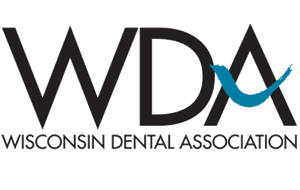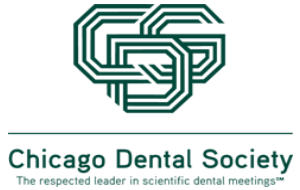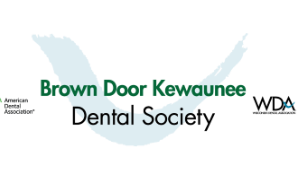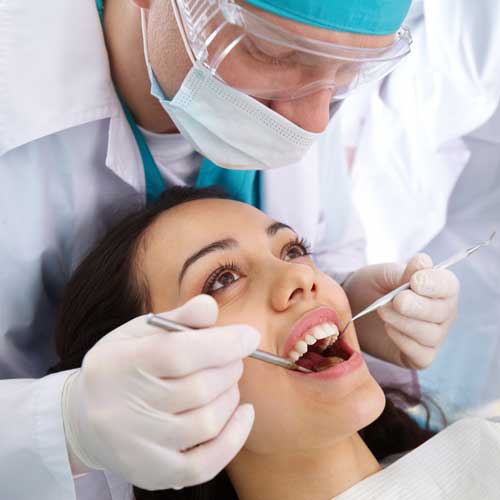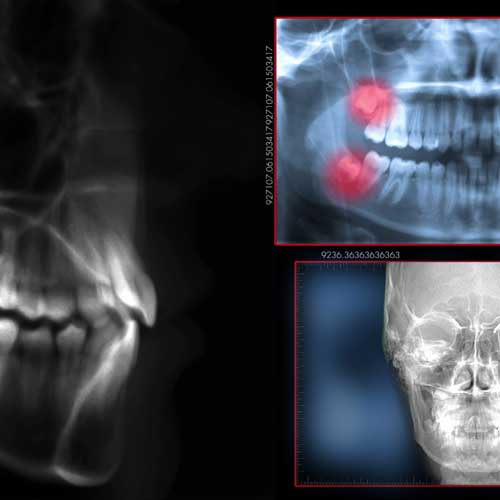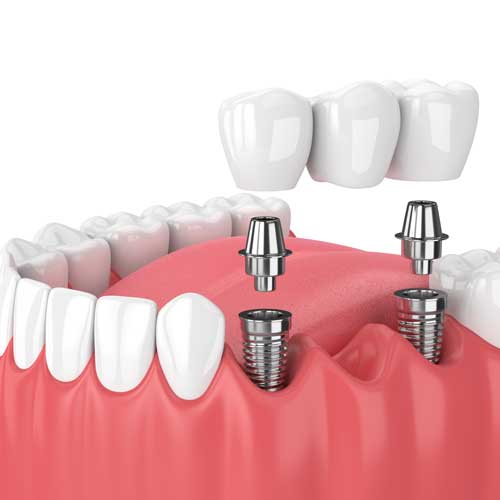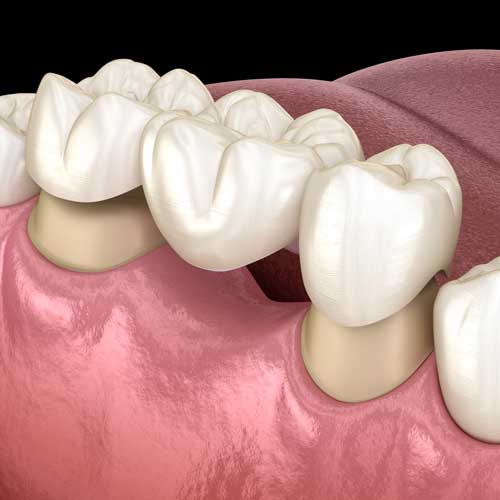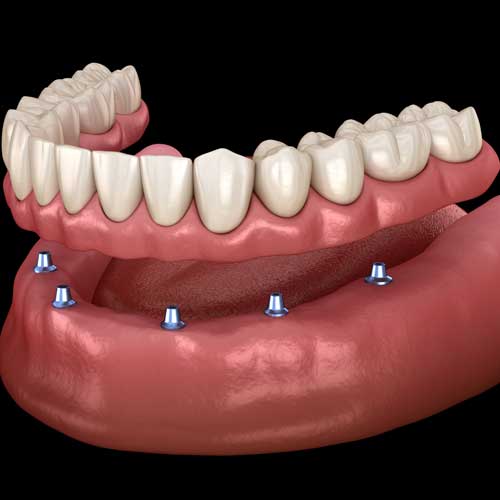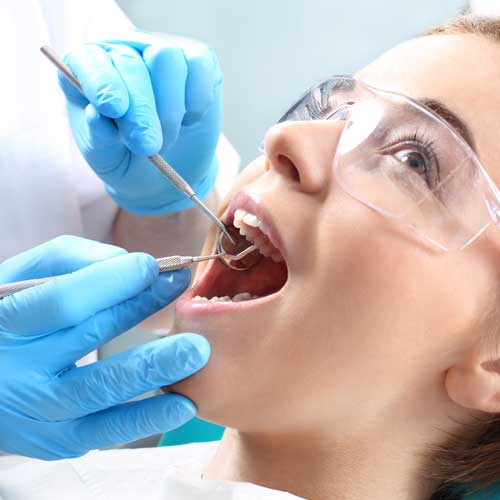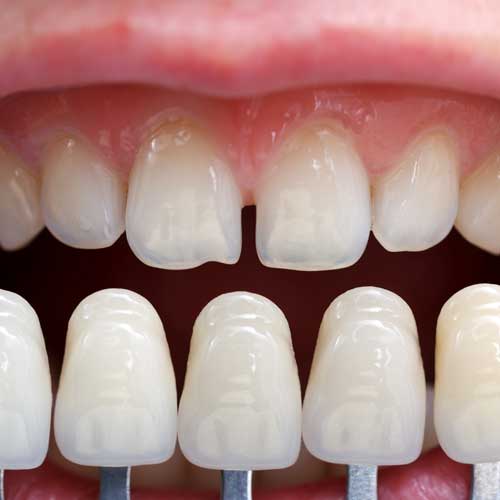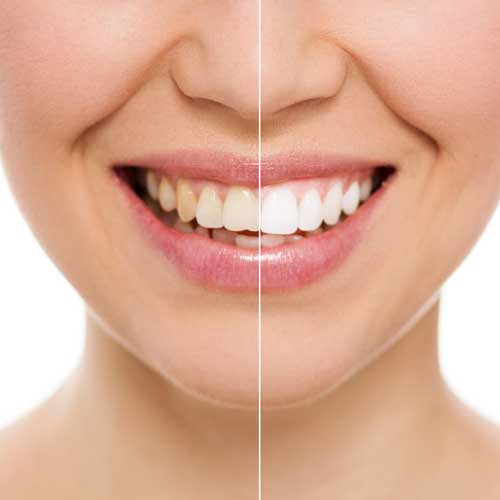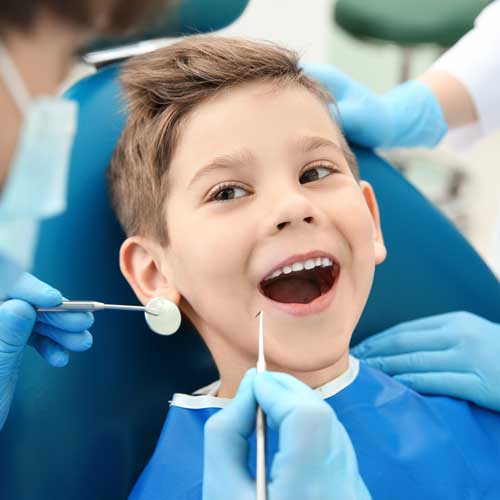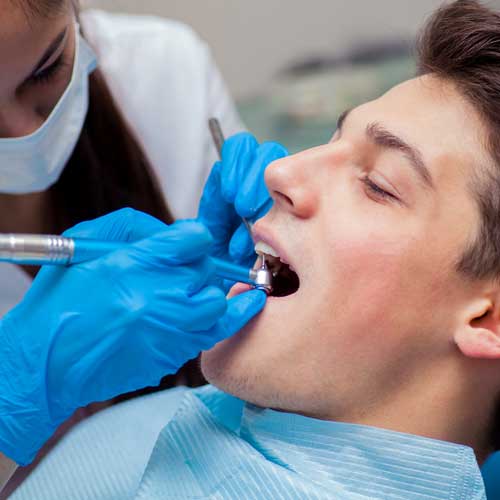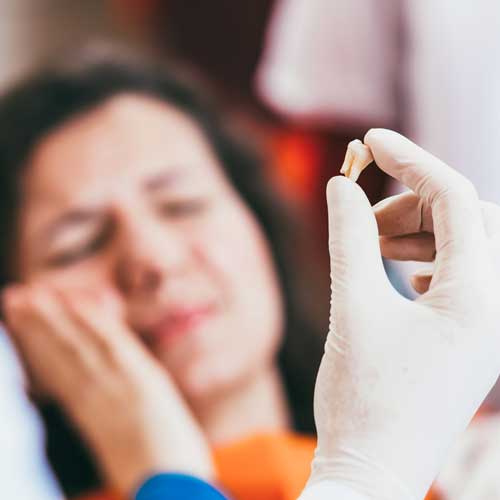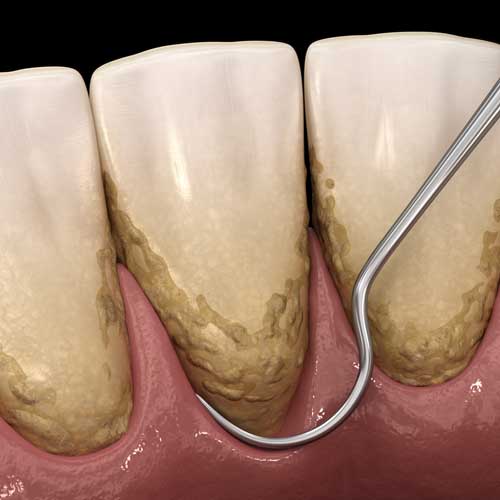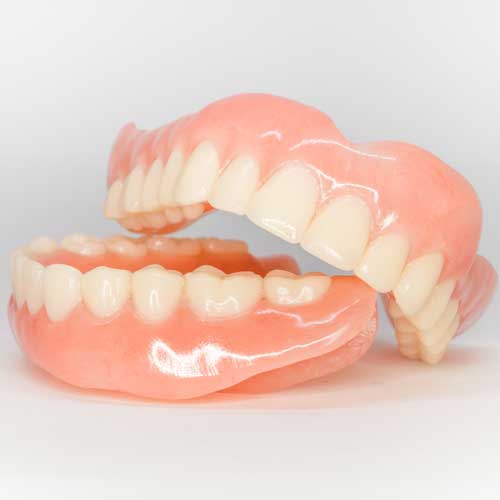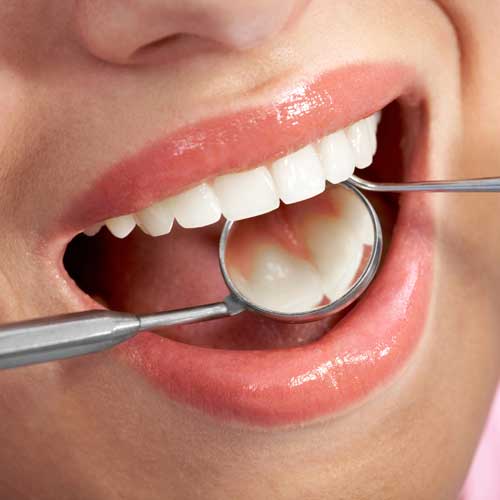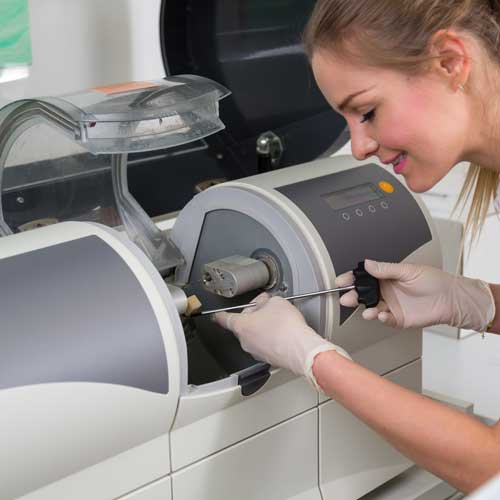Dental Diagnosis for Sleep Apnea
Consult Your Dentist for Help with Diagnosing and Treating Sleep Apnea
Sleep — you’ll spend a third of your life in its blissful embrace. But it isn’t a luxury: you need it as much as nutrition and exercise. An occasional bad night’s sleep leaves you irritable and drowsy; a bad night’s sleep every night could endanger your health.
One of the most common causes for chronic poor sleep is obstructive sleep apnea. This occurs when the airway becomes blocked and you stop breathing temporarily. The blockage may be due to an oversized tongue, tonsils or uvula, an abnormal jaw or chin structure, or nasal polyps and congestion. When your brain notices you’re not breathing, it rouses you just enough to relieve the blockage. These incidents can occur and end in seconds several times a night without you being aware of it.
This interrupts your normal sleep patterns, including the critical rapid eye movement (REM) of deep sleep that occurs at different times during the night. The results of not getting enough REM sleep are quite unhealthy: besides irritability and reduced concentration, poor REM sleep is linked to depression, headaches, decreased sex drive, acid reflux, high blood pressure or the onset of diabetes. Your night time experience — as well as your sleep partner’s — won’t be pleasant either as you may experience night time sweating and snoring.
Fortunately, sleep apnea can be treated. Our first considered treatment is a custom-fitted night guard you wear while you sleep that holds the tongue back from the airway. If your apnea is more severe, you may need to consider continuous positive airway pressure (CPAP) therapy, which uses a machine to pump pressurized air through a mask you wear while sleeping to force the airway open. You might also benefit from surgery to remove excess soft tissue obstructing the airway.
If you or your family has noticed any of these symptoms mentioned, make an appointment to see us — we’re trained to look for oral signs in the mouth that may indicate sleep apnea. The sooner we can implement a treatment strategy, the sooner you’ll begin experiencing a good night’s sleep and better health.
If you would like more information on sleep apnea and what to do about it, please contact us or schedule an appointmentfor a consultation. You can also learn more about this topic by reading the Dear Doctor magazine article “Sleep Disorders & Dentistry.”



